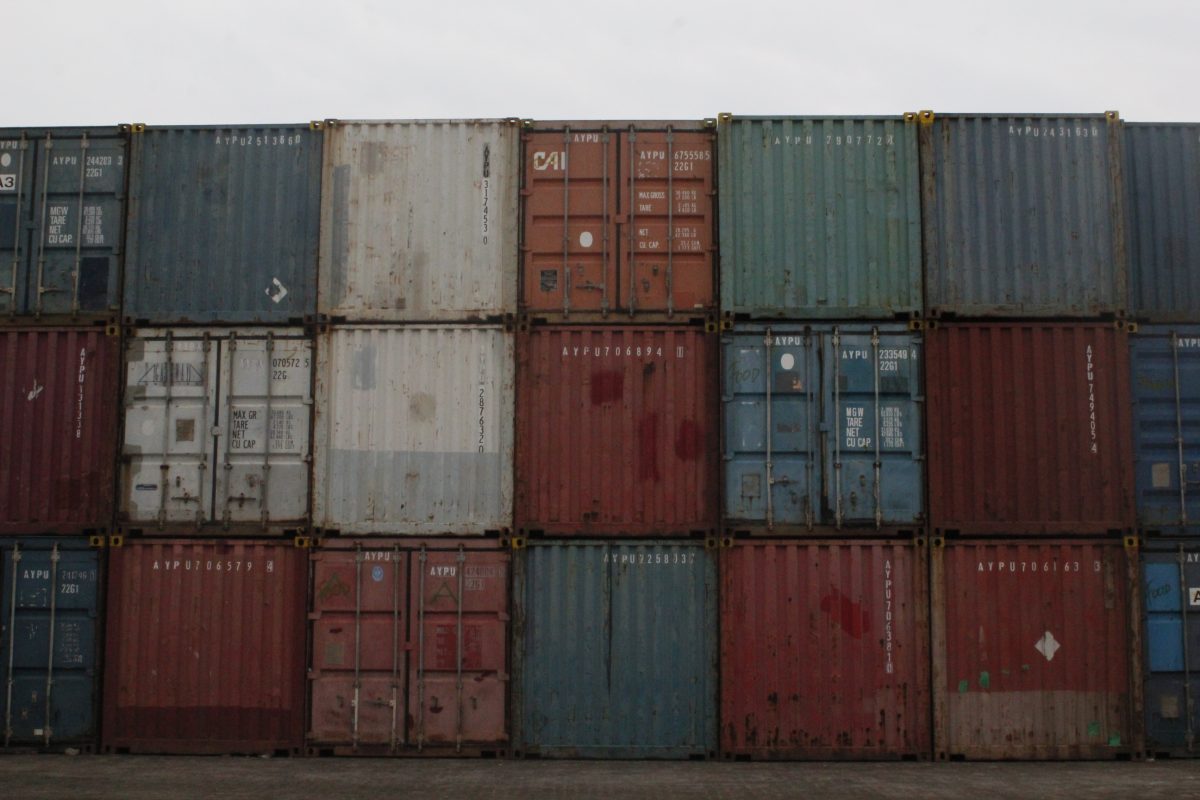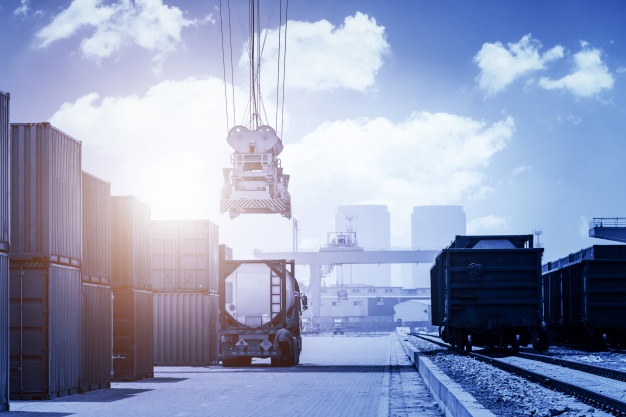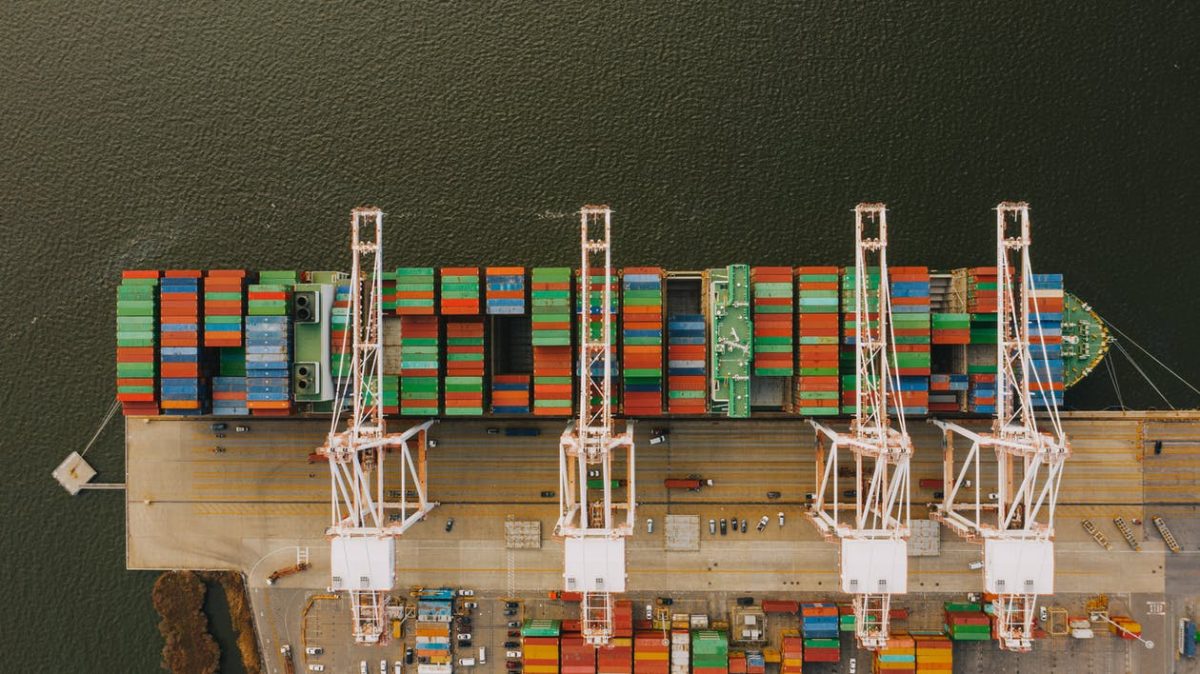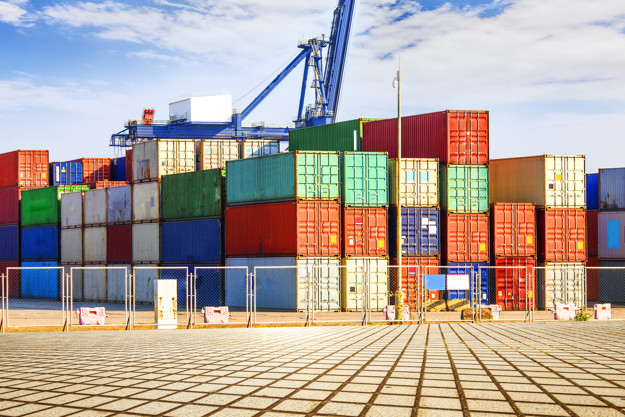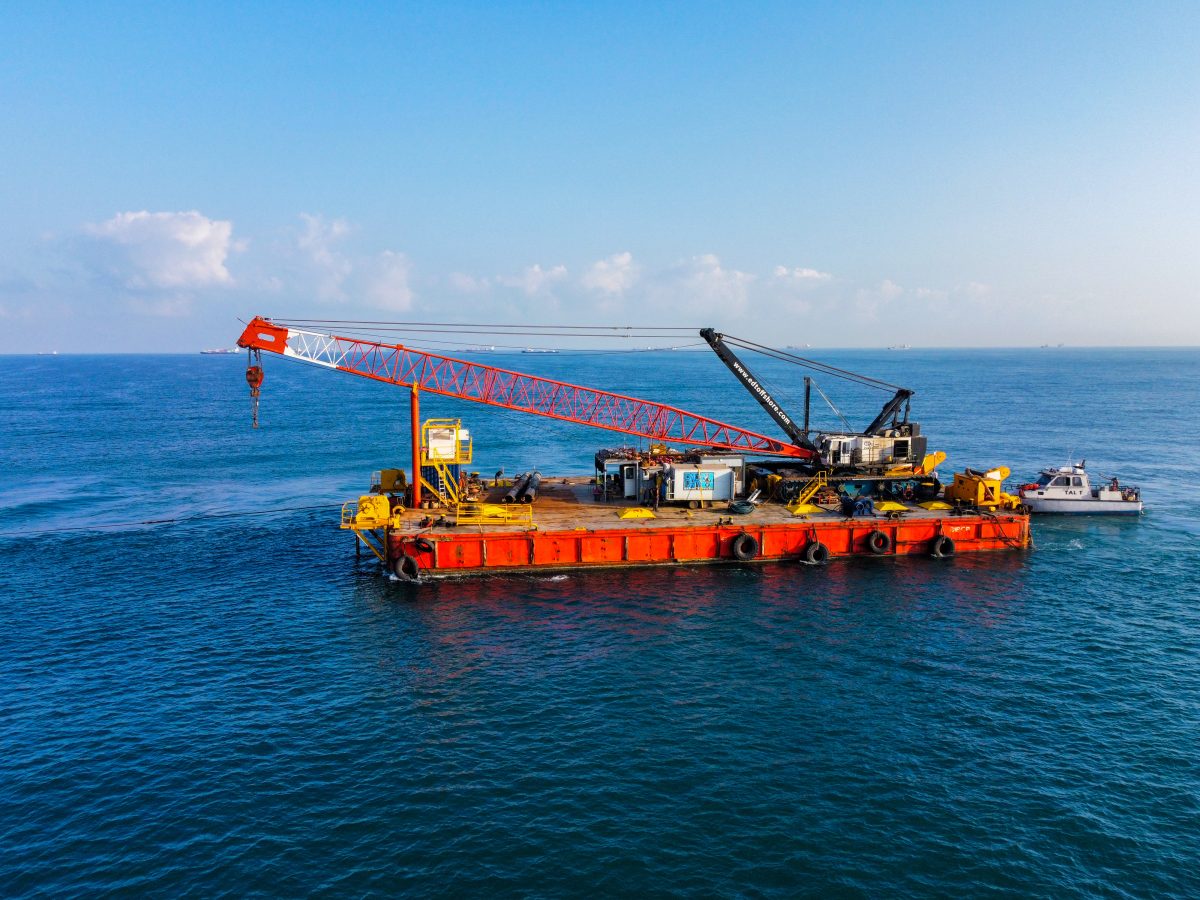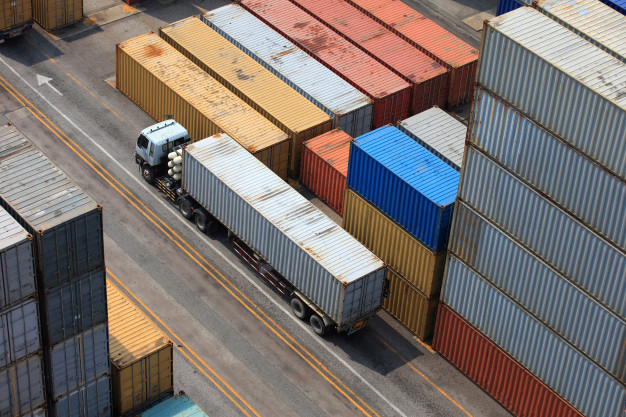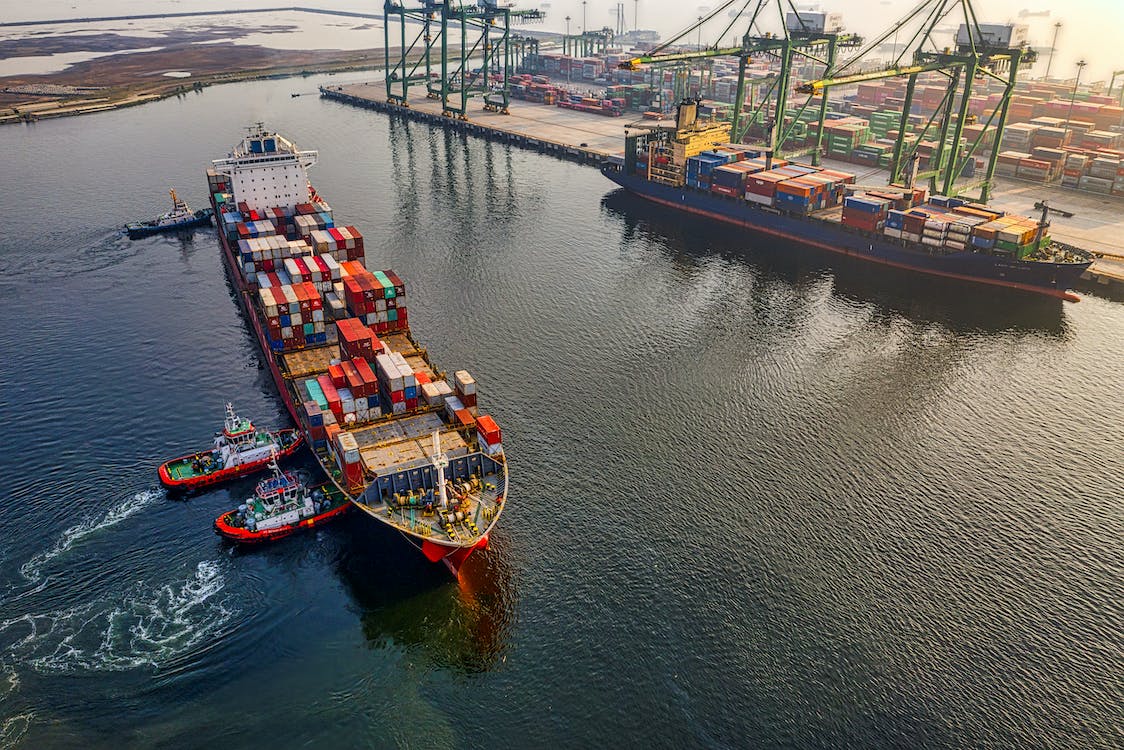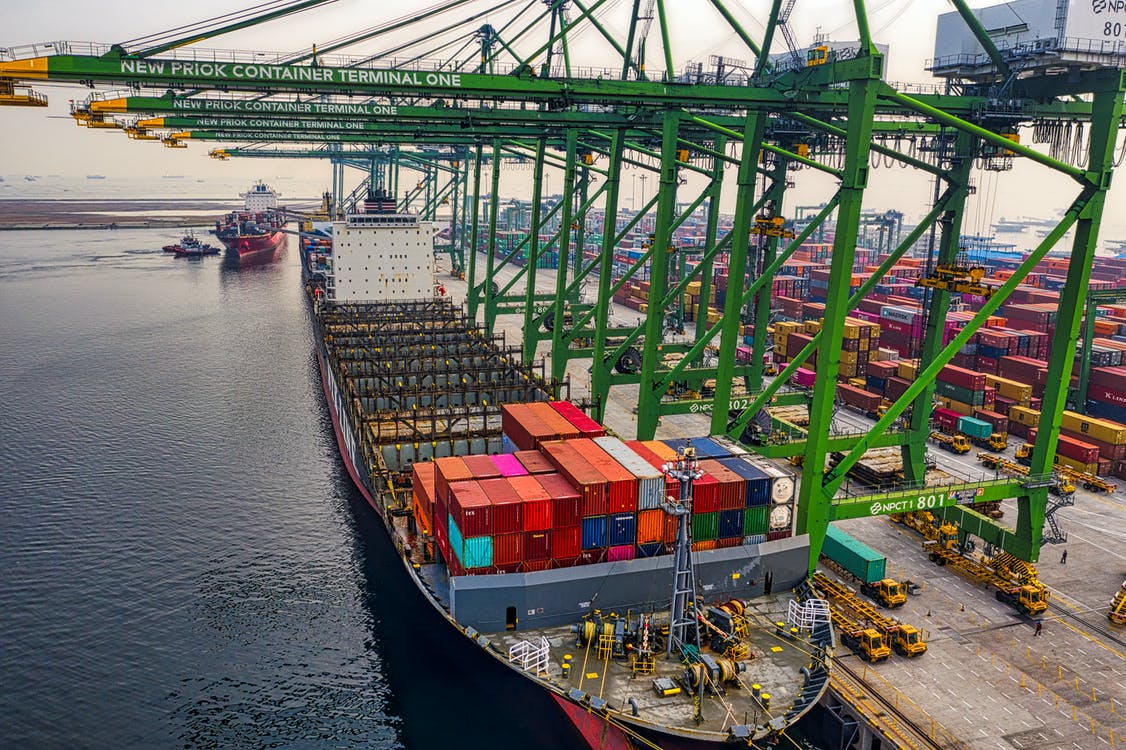5 Questions to Ask When Looking for a New Licensed Customs Broker

So you just decided to hire a new licensed customs broker to keep your supply chain from getting disrupted by the complexities of shipping processes. In addition to freight forwarders, having a trusted licensed customs broker can bring ease and save a lot of time in transporting your products especially on an international scale.
However, with the growing emergence of such a profession, finding the appropriate licensed customs broker for your business can become quite challenging as everyone will surely fight their way to have you as a client. Not all licensed customs brokers can provide the same level of service, which means that you must be ready to know more about them before making an agreement.
Here are five questions that you must remember when looking for a new licensed customs broker:
-
May I see your track record?
Knowing the track record can make you more confident that your new licensed customs broker can handle well all of the customs requirements and other related tasks for your business. This can be done after doing initial research. A licensed customs broker working for a company will most likely possess a good online presence. Try visiting their official website and see if they have other online platforms used for reaching out with potential clients. You might even take a glimpse of their track record by checking out some of their webpages, but you still have to ask them in person to see if they can give you consistent information. The more reliable the track record is, the better.
You can additionally look for any certification to verify their license.
-
Do you have any pending lawsuits?
Since licensed customs brokers frequently deal with customs authorities, dealing with any lawsuit could mean incompetence and a tarnished reputation. While the firm you’re talking with might avoid topics such as this, it’s still quite better to ask them and verify their answer by thorough research.
-
What is your vision?
Know more about the short and long term goals of the company. Remember the possibility of spending a great deal of time with them, so you better be aware of how assertive they can be. You can give more emphasis on their vision regarding the usage of modern technology in helping their clients clear different shipping processes.
-
How much will your service cost?
This question will most likely start a long conversation consisting of negotiations between you and the broker. Prices can vary based on your agreement but be sure to have a detailed breakdown of all the services that are going to be rendered. You should also talk about their payment processes to avoid hassles in the future.
-
Can you provide quality service based on client needs?
Your new licensed customs broker must at least have some experience when it comes to dealing with clients that are related to your industry. This can be an indicator that they will be able to provide your needs as well. Keep in mind that versatility is an attractive trait in business especially those that offer expert services.
Excelsior Worldwide Freight Logistics conducts free orientation for those who are willing to learn. It is our advocacy to share our knowledge & experience worth more than a decade in the business. Visit our website today at www.excelsior.ph to learn more about our service.

